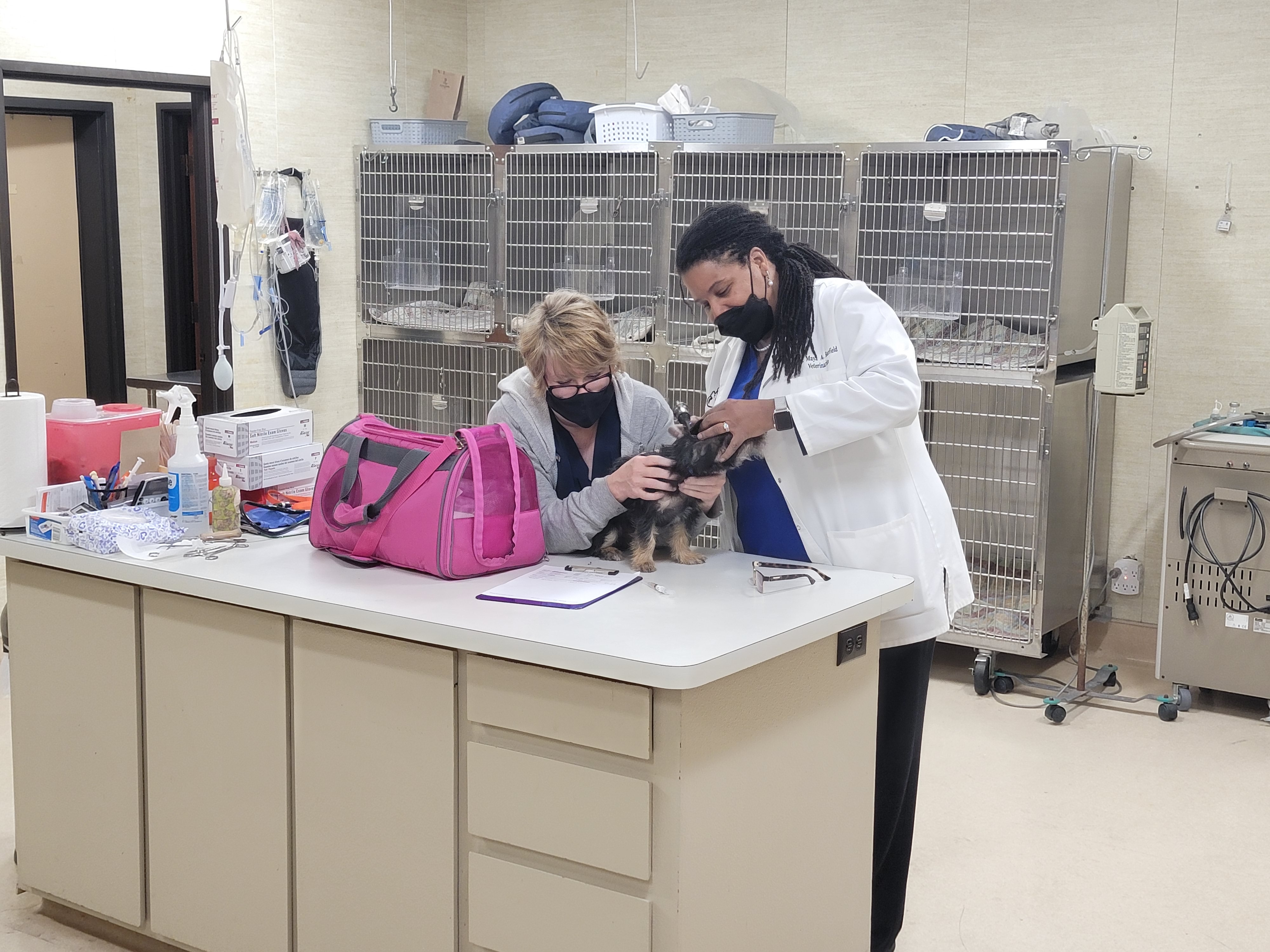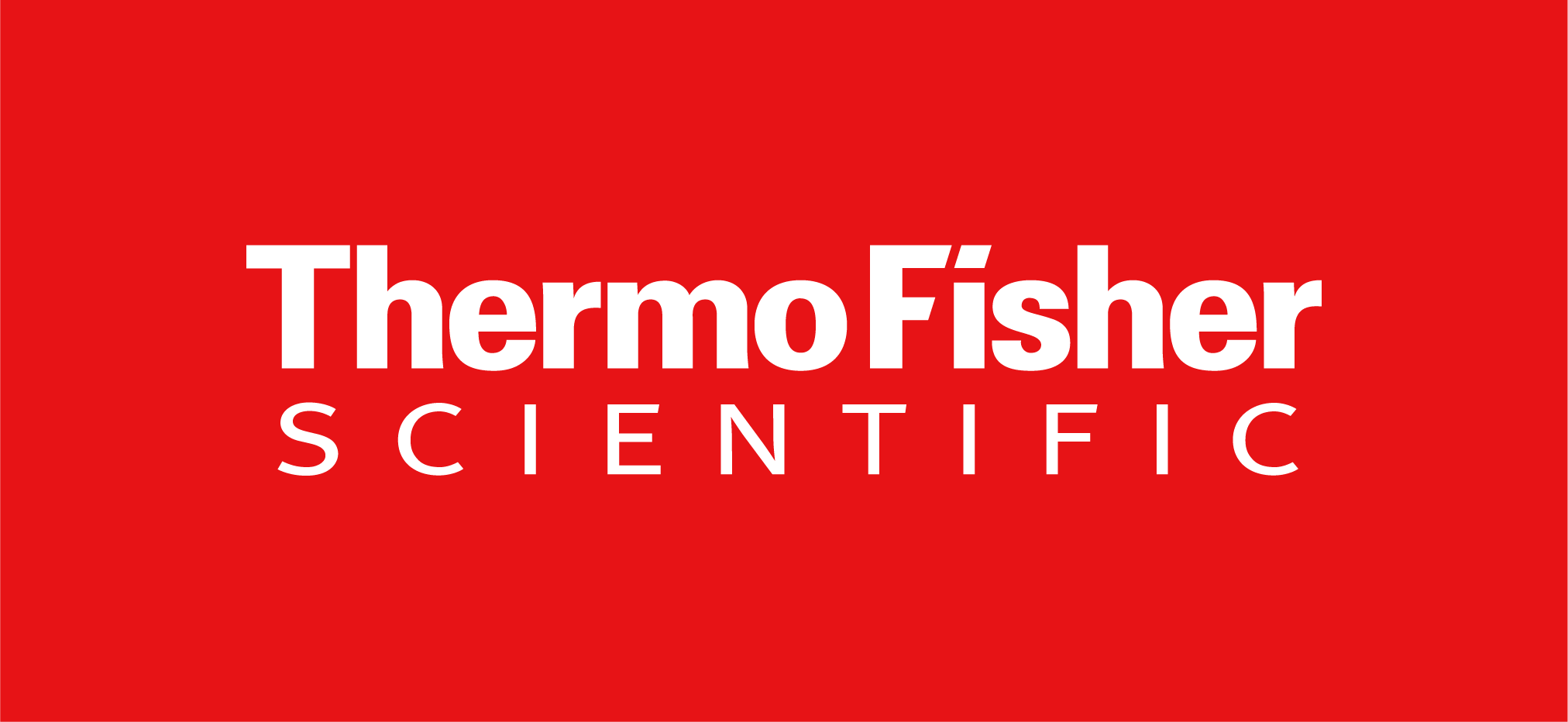By Philip Clelland
Manager, Corporate Stewardship Communications

Thanks to a $1.1 million acquisition loan from BEDF, the Barfields not only acquired Willow Brook Animal Hospital but also secured ownership of its commercial building. This investment was more than a financial transaction; it afforded them the opportunity for private ownership and economic empowerment in the predominantly Black community. On top of that, Dr. Barfield now stands as an important symbol of progress given less than 2 percent of veterinarians in the U.S. are Black and even fewer own animal hospitals or clinics.

For Dr. Barfield and Willow Brook Animal Hospital, professional empowerment is just as much a part of the mission as providing excellent care for pets. Beyond offering a comprehensive range of services, from preventative care and diagnostics to surgery and emergency treatments, Dr. Barfield is on a quest to provide access to development opportunities for Black and minority individuals in the veterinary field.

"Supporting institutions that provide a bridge to empowering the historically disenfranchised, these investments are part of our broader approach to addressing inequalities and strengthening communities through our business practices," says Meron M. Mathias, vice president of corporate social responsibility at Thermo Fisher. "By partnering with organizations like LISC, we are not just investing in projects, we are investing in people and their futures."
Thermo Fisher announced in early 2021 that it would invest up to $25 million in minority-serving institutions to help address the unequal access to capital for Black-owned businesses, Black entrepreneurs and Black communities in the United States. $20 million was committed to the BEDF, which was launched by LISC to increase financing to Black-led financial institutions, anchor institutions, and businesses.
Additionally, Thermo Fisher deposited $5 million in Hope Credit Union's Transformational Deposits program. Hope Credit Union provides financing to low-wealth families, people of color and financially underserved communities to support small businesses, housing, healthcare and other vital needs. The Transformational Deposits program is used to import capital needed to increase economic opportunities for individuals and families across five Deep South states (Mississippi, Alabama, Arkansas, Tennessee, and Louisiana).

